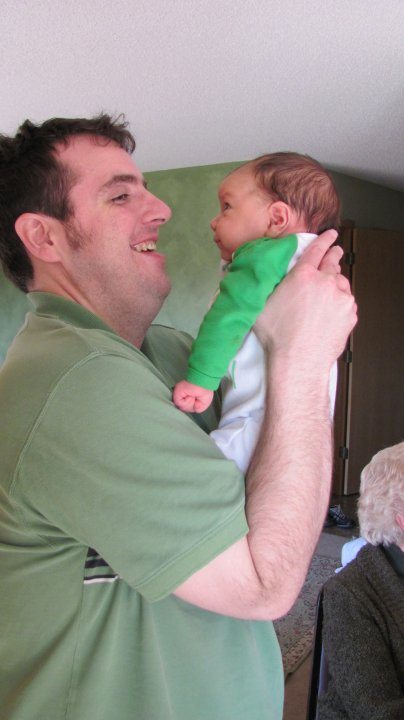
Glass butterfly wind chime Ruthie gave to me on August 12, 2011, my birthday, the day the orthopedic surgeon had to remove my first artificial hip because of a deadly MRSA infection.
I posted this message on Facebook this morning.
“First day home. It is both wonderful and incredibly scary to come home from the hospital. There are worries surrounding getting into the car, getting out of the car, walking from the car to the house, getting up the steps, and, then, what to do once you get into the house. Of course, generally, there is nothing about which to worry, but somehow life would not seem normal without it. Ruthie provides for me such a safe, comfortable environment and in the midst of worry I fail to appreciate it. I was wondering why I was a bit of an incorrigible asshole last evening and found at its roots the horrifying memories of 2011 and a MRSA infection, a visceral reaction to something that happened a long time ago. There are some things we just don’t forget that get locked into our memory and body memory. I apologized profusely to my beloved Ruth and thanked her for putting up with my sorry ass. Thankfully, reason does win out and stupid fears are put to rest.”
As a pastoral minister, I share in the joys, the hardships, and the tragedies that accompany people in life. While my role is to support others, there is such a thing as role reversal, when the one who provides support is the one most desperately in need of support. The visceral memory of August 12, 2011 is one of those memories that will never go away. Along with the horror of that past, are also the memories of tremendous support. The first starting with that wind chime that my beloved, Ruth, gave me on my birthday. As I was wheeled up to that hospital room, ironically the same room in which I spent these past few post-operative days following my right knee replacement, I saw the wind chime hanging from the trapeze apparatus that was above my hospital bed. Multi-colored glass butterflies, symbol of the Resurrection, new hope and new life, greeted me as I was moved from the surgical gurney to the hospital bed. And, of course, there was my beautiful Ruth, smiling and kissing me as I tried to grapple with the uncertain future of my new condition.
In the days that followed, I remember an aide, arms carrying two large brown paper grocery bags, filled with get well cards. “Just who are you?” he asked as he placed the two bags on the hospital bed side table. “No one ever gets this much mail!” Later, as I spent two to three weeks at the former Queen of Peace Hospital in a swing bed, learning how to hop properly (yes, there are proper and improper ways of hopping) and building up an endurance to hop 100 feet, my daughter Beth took this picture of this perennial beautiful red Hibiscus blooming next to the bird bath in our front yard. I had this picture as the wallpaper on both my cell phone and computer for the next couple of years. There was something about that picture that gave me a much needed lift in a very dark and foreboding time in my life.
At times, like yesterday evening, when worry and uncertainty clouds the mind, and the best one can say of another is, “he is being a reprehensible, unreasonable butthead,” it is hard to see the hope and the promise that lays beyond the immediate situation. I have written about having to pass through darkness in order to find light. By faith we know that it was only passing through the darkness and misery of his passion and death, that Jesus was able to rise from the dead. We know this by faith but sometimes preclude that that was something only applicable to Jesus and not to ourselves. Whether one believes in Jesus or not, or even whether one believes in God or not, the passage through darkness to light is a part of every human’s life. No one is exempt from this passage, Christian, Jew, Muslim, Hindu, Buddhist, Atheist alike.
Sometimes, all that it takes to see beyond the immediate darkness is something very simple, a glass butterfly wind chime, two big grocery bags of get well cards, or a blooming bright red hibiscus blossom. While not an end unto themselves, these simple objects point us to that ultimate light which will fulfill all, a God who loves us into eternity.






